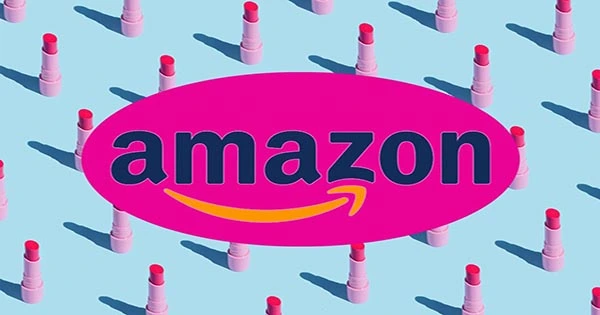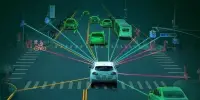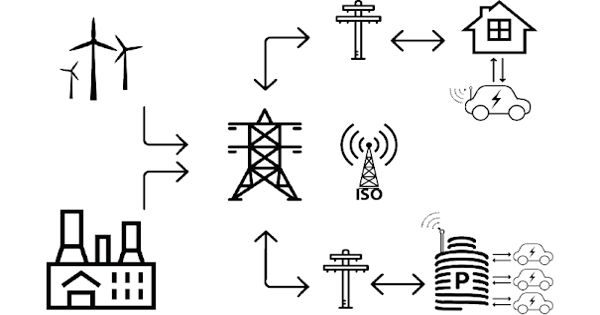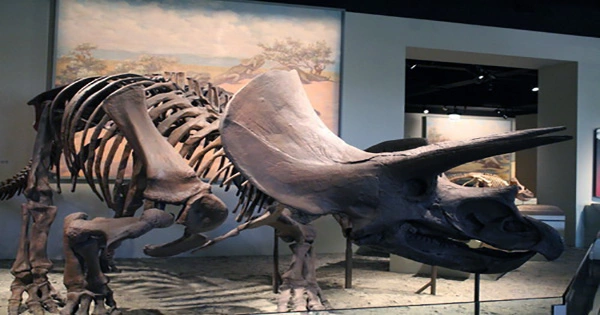For the past two weeks, Amazon’s adorable little Astro robot has been scuttling around my flat. It lacks the limbs to scratch its own befuddled head, but I’ll do it for him. The robot is a $1,000 invitation-only program as part of Amazon’s Day 1 Editions program, and there are only a limited number of them available while the corporation tries to get them into users’ hands. Home monitoring, an autonomous home security system that can go from room to room, is one of the use cases the business recommends.
With Ring Protect Pro, Astro can patrol a house, open its periscope camera to view the counters, identify unknown individuals when in “away mode,” give notifications when it hears sounds like glass shattering, and do a lot more. You may use it at home as well; for example, if you hear your dog barking late at night, you can send Astro to investigate without leaving the comfort of your duvet-burrito. The business adds that Astro may work well for providing remote treatment. You or your loved one may utilize Drop In to remain in touch, or they can ask Astro to arrange and send reminders.
Additionally, Astro integrates with Alexa Together, enabling remote care for elderly family members as well as care for those with impairments or mobility issues. Amazon also offers companionship as a potential use case, suggesting all the entertaining things Astro is capable of doing (things like “Astro beatbox” and “what’s your favorite animal?” are top suggestions, the company says), and it has other features that make it seem more like a pet than a Skynet-hoarding robot of death and destruction.
A Day 1 Edition product is designed exclusively to assist Amazon’s product teams deliver their most ambitious initiatives to consumers faster so they can contribute feedback that, in this case, will help refine the Astro experience. It is logical. Astro is a capable system that can currently handle a variety of instructions and functions that users find useful. The robot includes a little carrying tray and a USB connector for extensions that can be added by hackers and tech-savvy users, much like how someone may create and utilize an Alexa skill today. These extensions will offer the robot a variety of exciting new skills.
Personally, I found Astro to be charming during our time together. The boombox’s speakers are excellent, and it’s sort of entertaining to have one follow you around while you do chores and play your music or podcasts. It’s a remarkable achievement for first-generation technology and has a lot of promise. But it by itself is insufficient to create a product. I find myself pondering the purpose of this device since, in a world where protecting the environment is a top priority, we could do with less, not more, gadgets that will eventually wind up in landfills.
I can think have a few specialized uses for this gadget, like the ones mentioned above, but I’m not sure if it’s really necessary to make it. I had a conversation with Anthony Robson, Amazon’s main product manager for robotic technologies and consumer robotics, to try to figure out what was going on. The Amazon crew rapidly realized how ambitious Astro is and that they are unsure of where that ambition may lead them. It states that this is by design, which I can appreciate somewhat.
However, I find it strange that this is being done with the attitude of “let’s construct it and see whether people will come, and what they will use it for.” Don’t get me wrong; I think there are situations and use cases where Amazon’s cute little robot companion makes a lot of sense. However, when I speak to startups on a daily basis, it feels incredibly out of place. I wouldn’t allow a startup get away with offering a solution in search of a problem, so it strikes me as odd that I may be tempted to absolve Amazon, who really ought to know better.
















